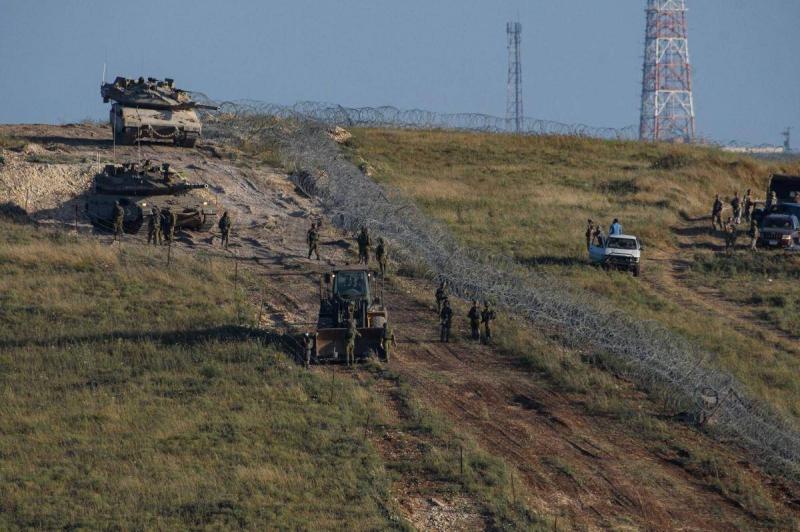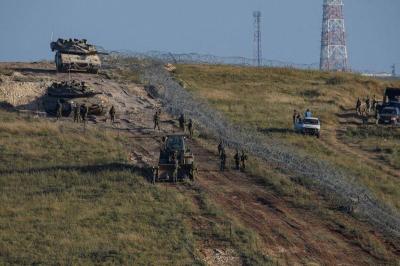In his appearance in mid-May, Hezbollah Secretary-General Hassan Nasrallah confirmed that the Lebanese front continues to support Gaza, which he views as crucial and definitive. He mentioned the presence of 100,000 Israeli soldiers stationed on the border for five months, questioning: If our front isn't useful, why are they still here? A few days ago, Sheikh Naim Qassem, Deputy Secretary-General of Hezbollah, emphasized that the only assured way to cease fire on the Lebanese-Israeli border is a complete halt to the fire in Gaza. After realizing that the Lebanese front has not effectively served its purpose of preventing Israel from escalating its war on Gaza, the party recently declared a new goal for the conflict: to conduct a proactive operation that would deter Tel Aviv from turning its attention to Lebanon after concluding its war in the sector, by establishing a balance of deterrence.
Support that did not alleviate Gaza's situation
Retired Brigadier General Dr. Hisham Jaber, head of the Middle East Center for Strategic Studies, believes that opening the southern Lebanese front is a principled political stance taken by Hezbollah, which claims it wasn't targeting settlements at the onset of the war, but rather striking occupied Lebanese territory such as Shebaa Farms and Kfarshouba Hills. However, on October 10, Israel intentionally killed three elements of the party, after which tensions began to escalate. Regarding whether the support and assistance proclaimed by the party translated into tangible field actions and alleviated the intensity of the conflict in Gaza, Jaber told Asharq Al-Awsat: The answer is definitely negative; the Israeli aggression has been ongoing against the sector for nine months, and the Israeli army possesses far more equipment and armaments than what it has used until now. Even if thousands of soldiers were deployed to the northern front, this would not have been a significant factor in easing military pressure on the sector.
A nominal front
Dr. Hilal Khashan, a political science professor at the American University, agrees with General Jaber’s assertion that opening the front did not achieve its declared objective. He pointed out that Iran and Hezbollah had thought that the round of fighting might last weeks, at most a month, and if they had known the war would persist for nine months, they would not have engaged in it. Khashan noted in a statement to Asharq Al-Awsat that opening the front was merely to appease and implement what is called the unity of arenas and paths, emphasizing that the party is now mired in this war, especially since Tel Aviv is achieving its objectives even without expanding the conflict, by establishing a buffer zone by force of circumstance, as the area extending six kilometers into Lebanese territory has become ruined and empty.
Brigitte Kheir, a former UN diplomat, views Hezbollah's unilateral decision to open a support front at the expense of southern Lebanon, the state, and the Lebanese economy, without consulting parliament or the government, as irresponsible, especially since the vast majority of the Lebanese people oppose opening the front. She compared this to the situation in 2006 when the abduction of two Israeli soldiers led to a devastating Israeli war. Kheir emphasized in her statement to Asharq Al-Awsat that support for Gaza could be akin to that of Jordan and Egypt, in diplomatic forums, rather than at the expense of Lebanese lives, economy, interests, and homes, pointing out that the goal of opening the front and continuing the fight in southern Lebanon is "to improve Iran's negotiating terms and Tehran's share in the region."




